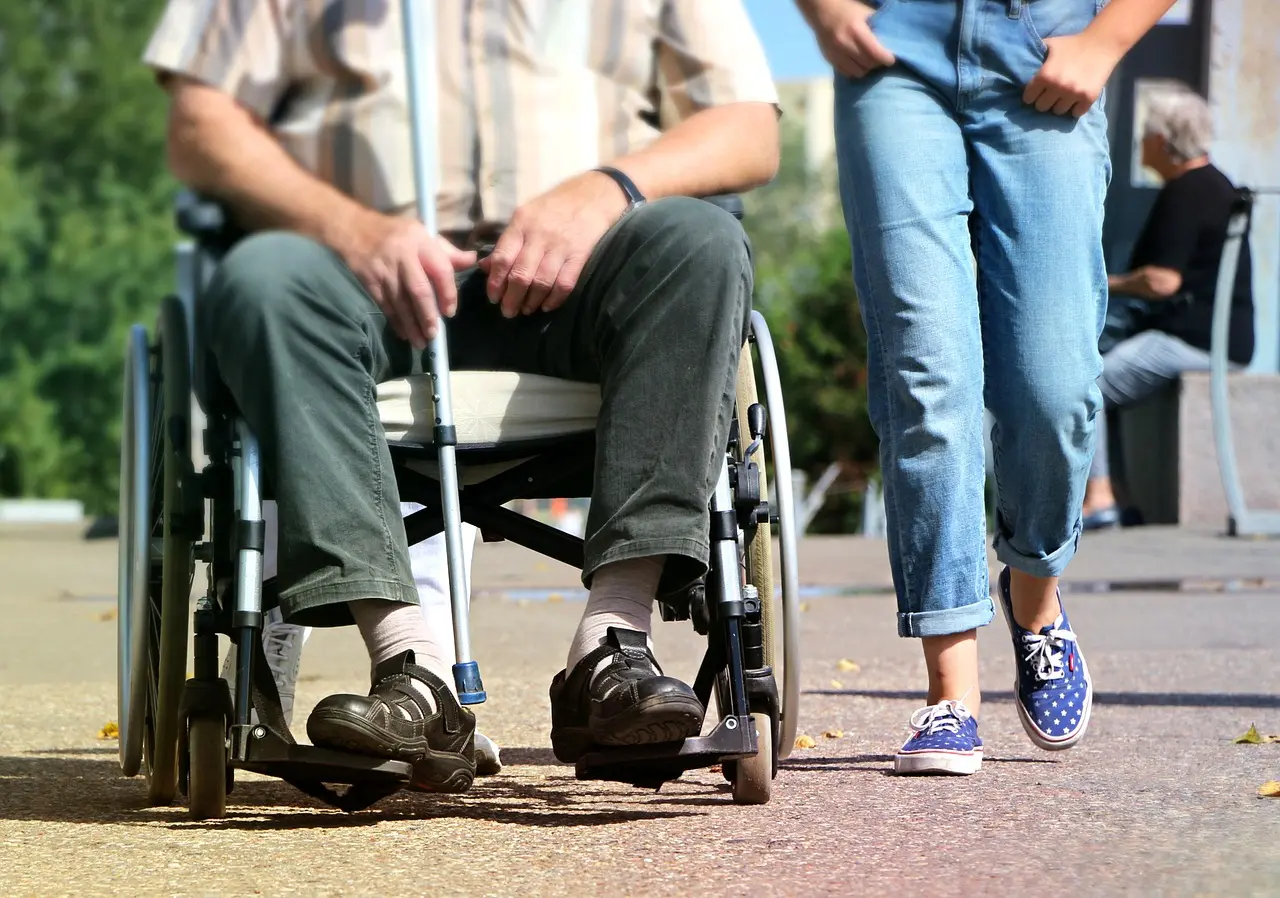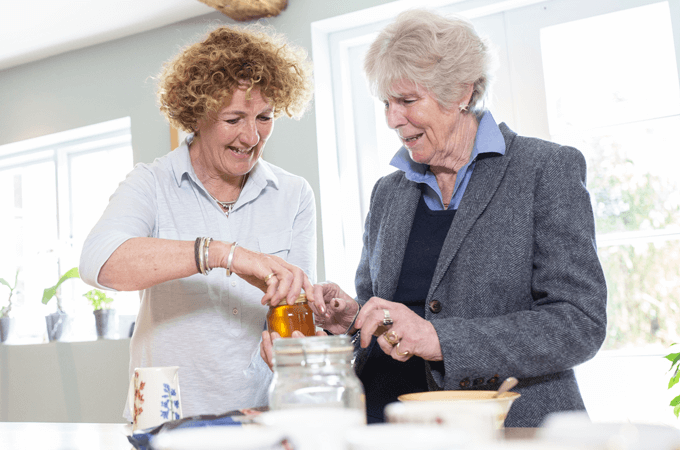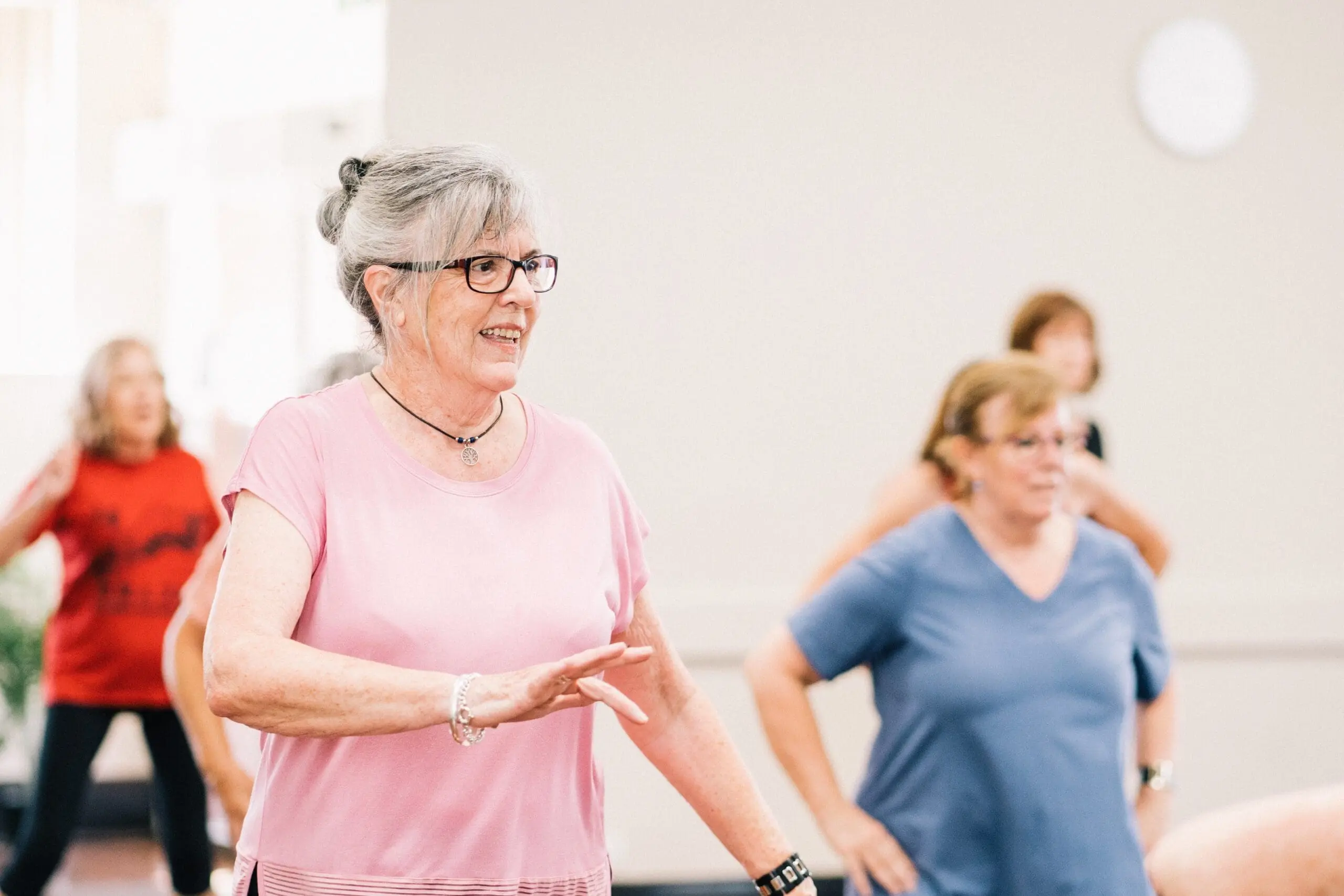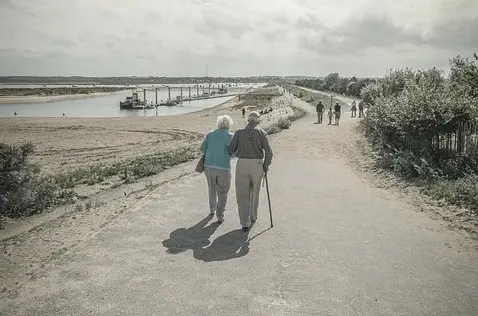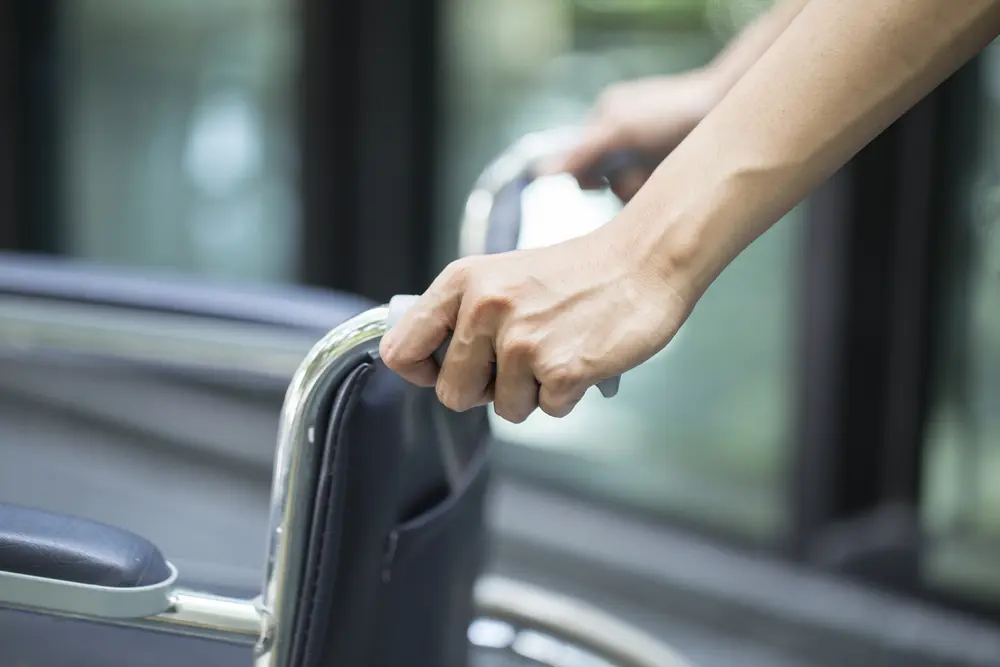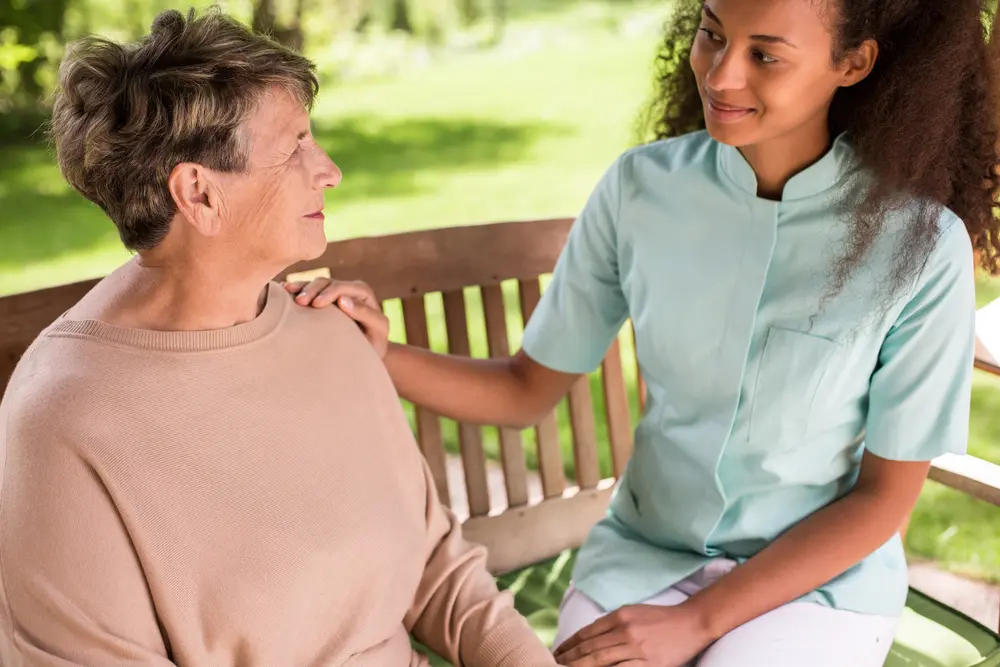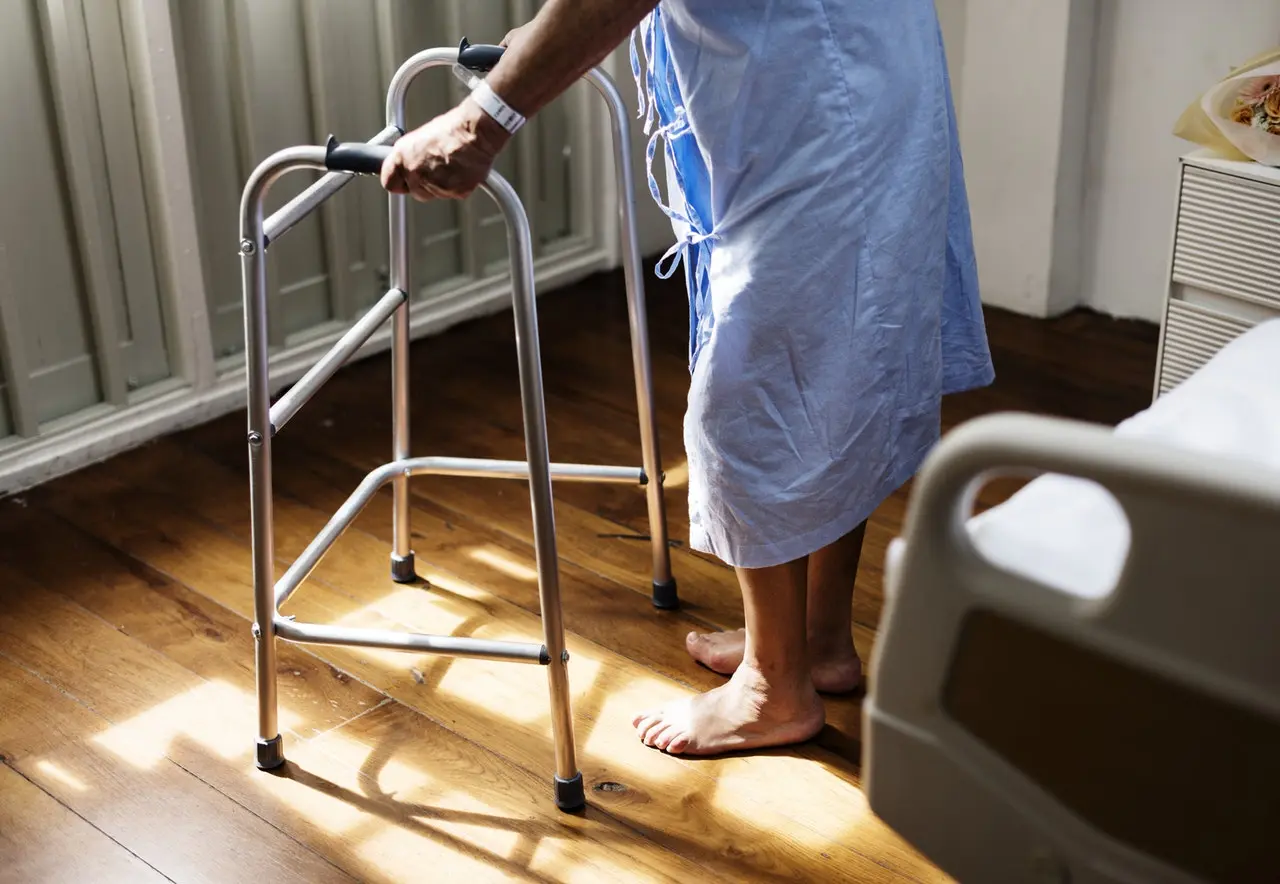How does Disabled Access Day support older people? Disabled Access Day encourages people with mobility issues to visit a new place or try a new experience they may have been unsure of previously. Developed to celebrate and encourage good disabled
...Tag: Mobility and frailty
Mobility and frailty
